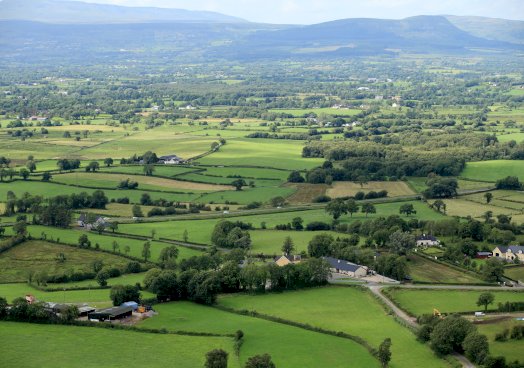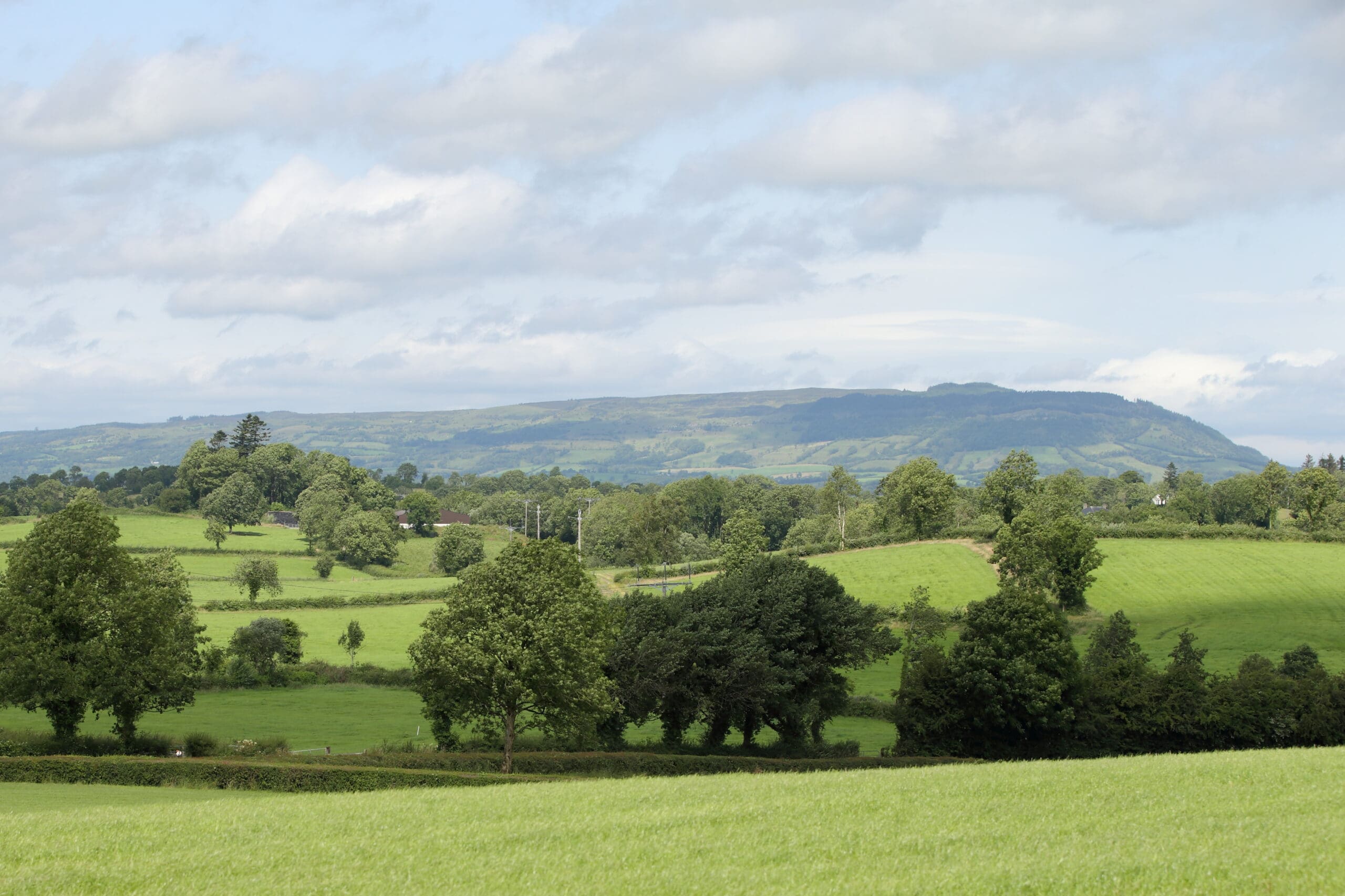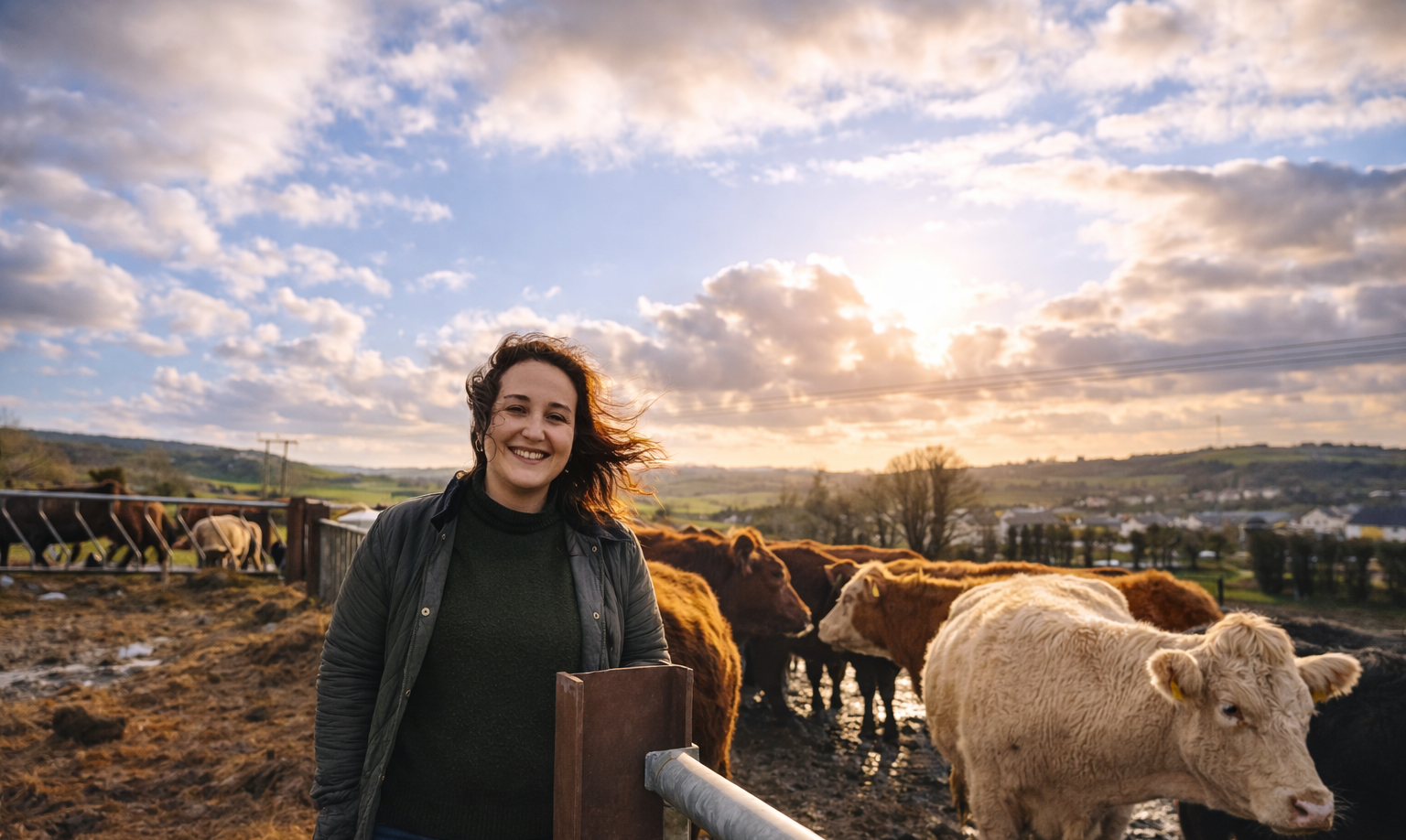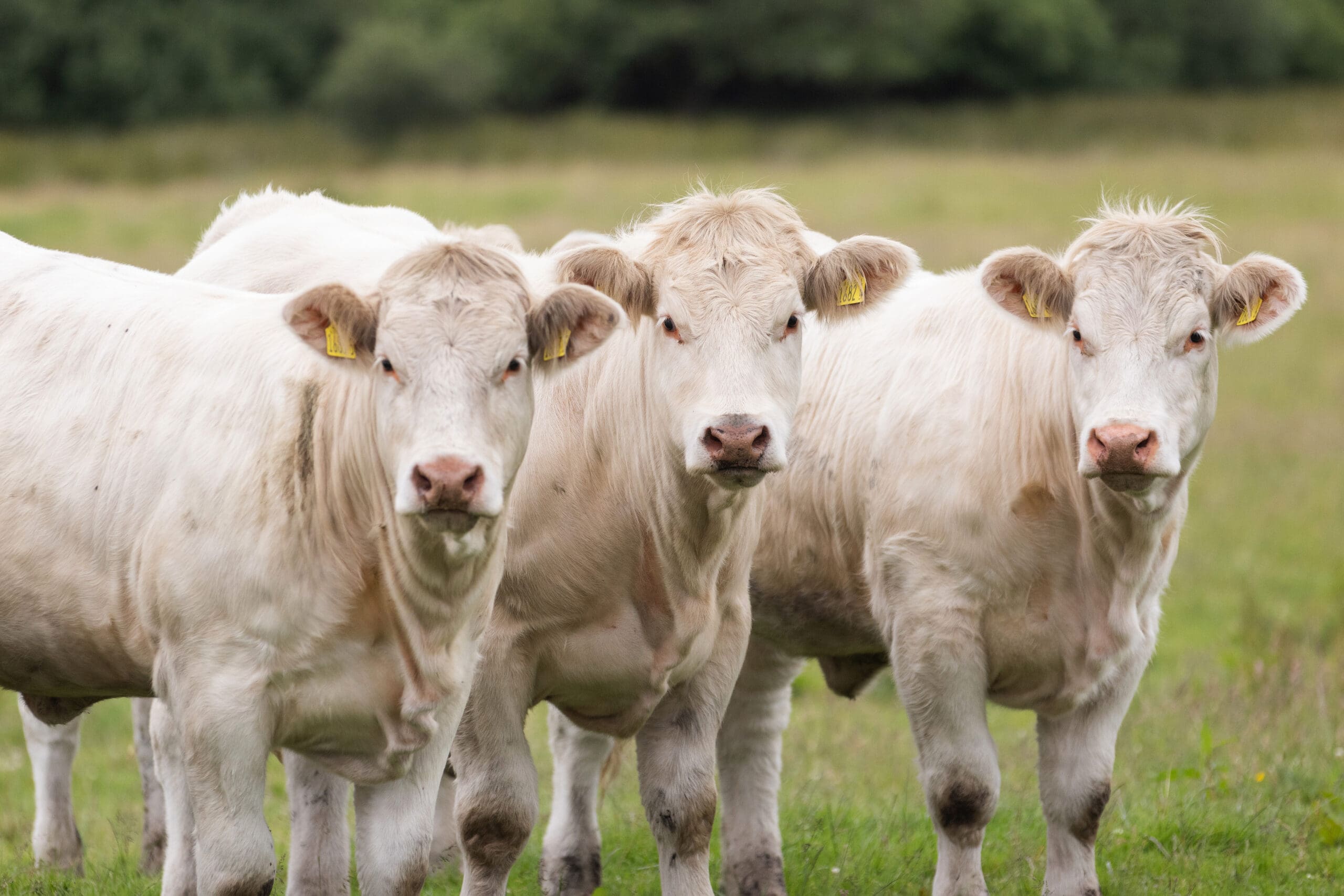
Commodity watch by senior policy officer, Aileen Lawson
This week world leaders are gathering in Egypt for the United Nations (UN) 27th Conference of the Parties (COP27) on climate change to discuss a range of issues critical to tackling climate change. This includes reducing greenhouse gas emissions, building resilience, adapting to the impacts of climate change and delivering on the commitments to finance climate action in developing countries.
For the first time ever, there will be a Food Systems Pavilion at the conference, putting food centre stage during these crucial negotiations. The Food Systems Pavilion will focus on actions, strategies, and solutions across the entire food value chain that have the potential to drive the transformation towards healthier, more resilient, and more equitable food systems. The UK farming unions are represented at COP27 and will be presenting the case that UK farmers are part of the climate change solution, can deliver renewable energy production as well as climate-friendly food and with the right support and incentive from the UK governments, this can be maximised.
There is an increasing demand for food as the world population continues to increase – next week the world population is expected to hit eight billion! The Food and Agriculture Organisation estimates that if current income and consumption growth trends continue unabated, agricultural production will have to grow by 60 percent to satisfy the expected increased demands for food and feed by 2050. This will be made increasingly difficult as the climate changes.
Despite the increasing demand for food, agriculture will have to reduce greenhouse gas emissions from the sector. This is expected of every part of society and agriculture is no different. Unlike other sectors however, agriculture can be a source of and a sink for emissions as it sequesters carbon from the atmosphere, this makes it part of the solution to climate change. It is vital that this dual role that agriculture plays is properly recognised by governments.
The Northern Ireland (NI) Climate Change Act contains legislative targets for net zero by 2050, but limits methane reductions to 46 percent against 1990 levels. Despite the methane limit, this is an extremely challenging target for the agri-food sector and it will mean changes across NI farms. The Ulster Farmers’ Union (UFU) have recently met the Department of Agriculture, Environment and Rural Affairs (DAERA) to discuss the requirements of the NI Climate Change Act including the need for a Climate Action Plan to be drafted and issued for consultation during 2023. This will set the policy direction on how NI will meet its legislative targets. The Act also requires DAERA to provide fully funded carbon audits on all farms going forward to assess where performance improvements and savings can be made.
On top of the legislative requirements, processors and retailers are also demanding more action from farmers as they aim to fulfill consumer demands to demonstrate greater sustainability of food products. Farmers across the board are being asked to provide data to back up sustainability claims by participating in things like carbon audits.
More research and innovation will be vital to help deliver all of the above. NI is fortunate to have the Agri-Food and Biosciences Institute (AFBI) and Queen’s University, Belfast, heavily involved in agriculture related climate research that will help the industry reduce its carbon footprint while maintaining food production as well looking into renewable energy production and alternative land uses.
The UFU is involved in a significant amount of work to help drive forward climate action on farms in ways that benefit the farmer, and we are constantly campaigning for further investment, more research and rewards for those willing to make positive change. Next month we plan to host a meeting for MLAs and agri-food industry stakeholders to demonstrate all that is happening within the farming sector to tackle this issue while feeding the nation. While undoubtedly there are significant challenges ahead, throughout history farming has always evolved and adapted; agriculture can and will be part of the climate change solution.




